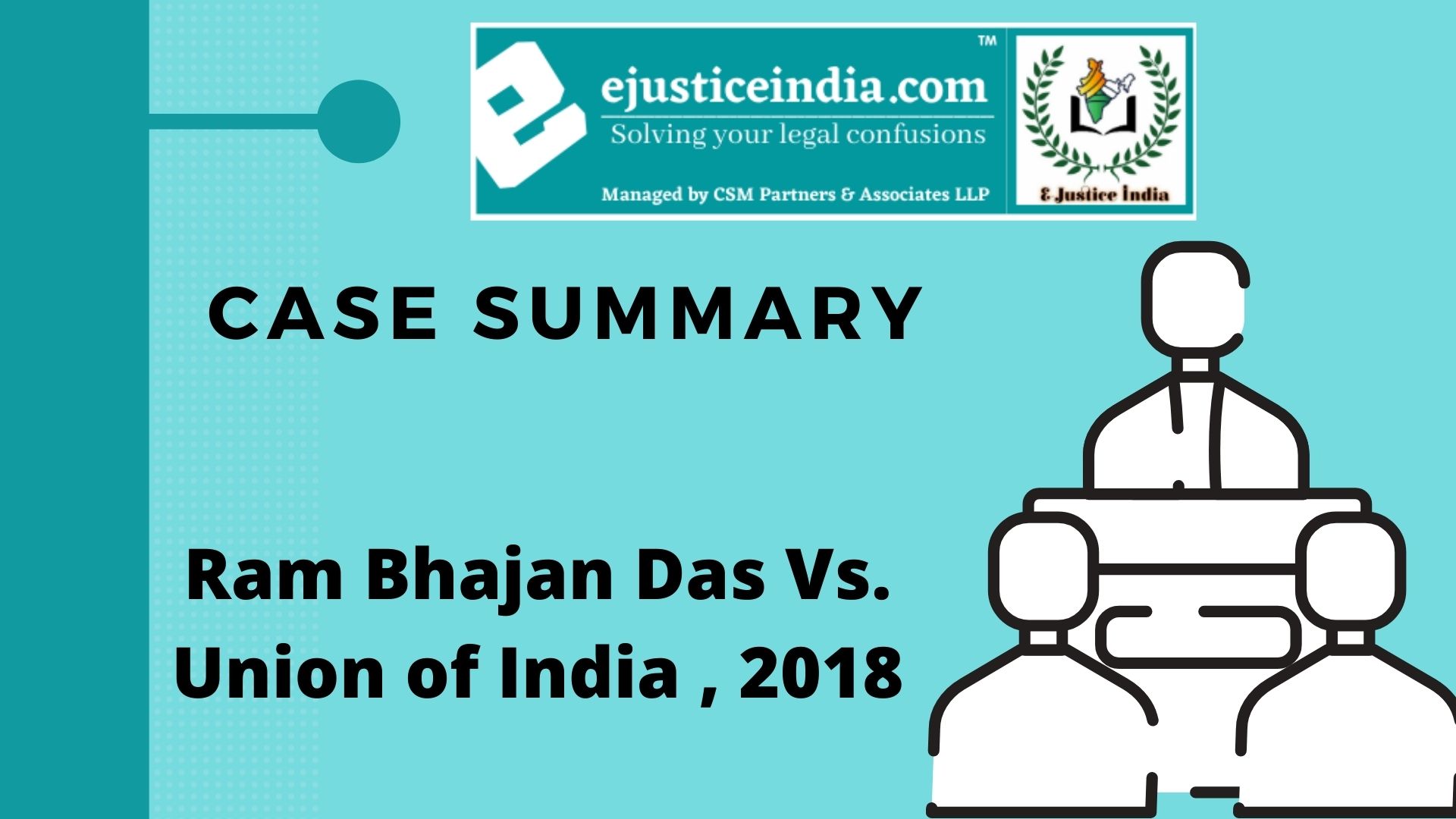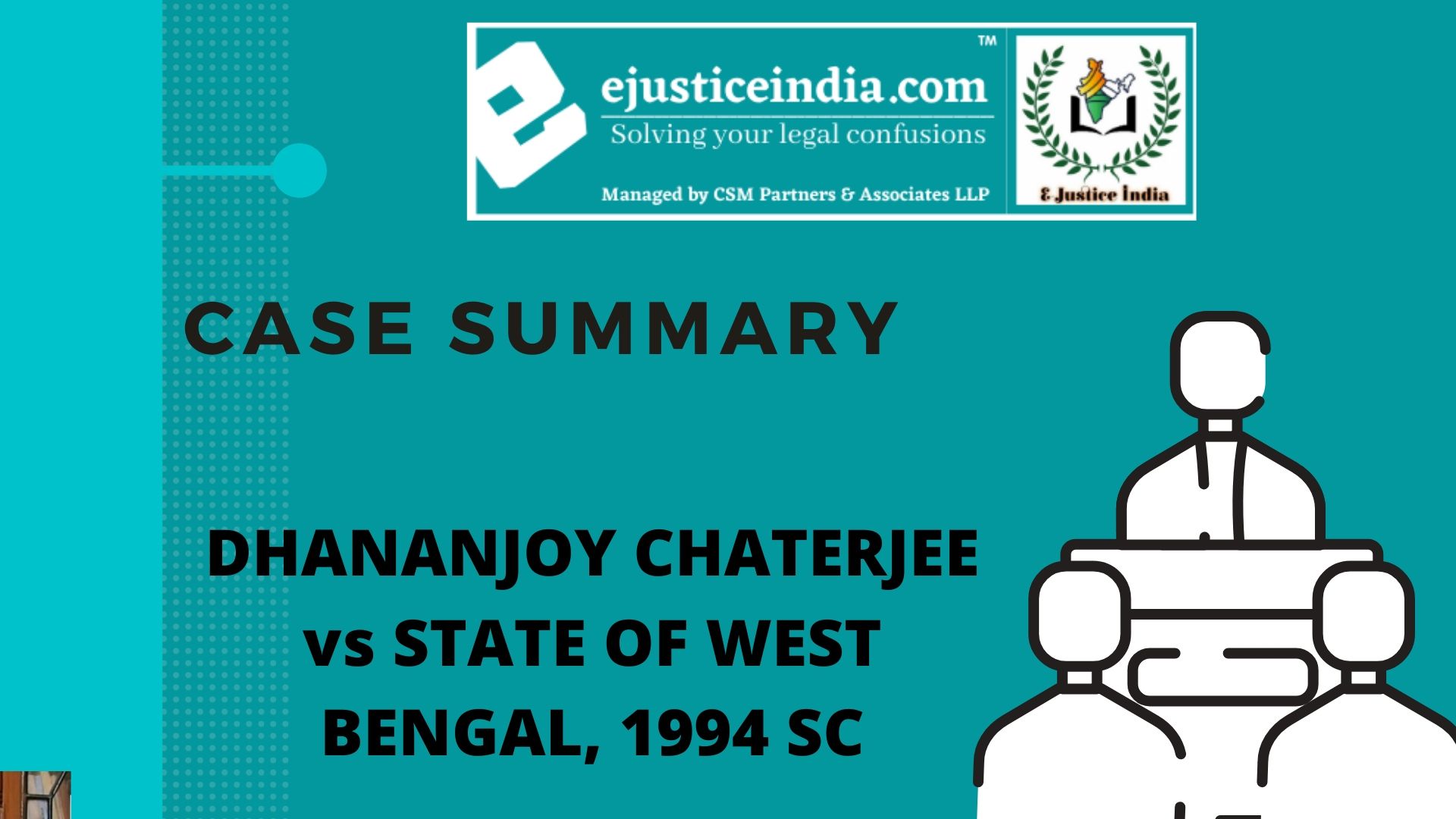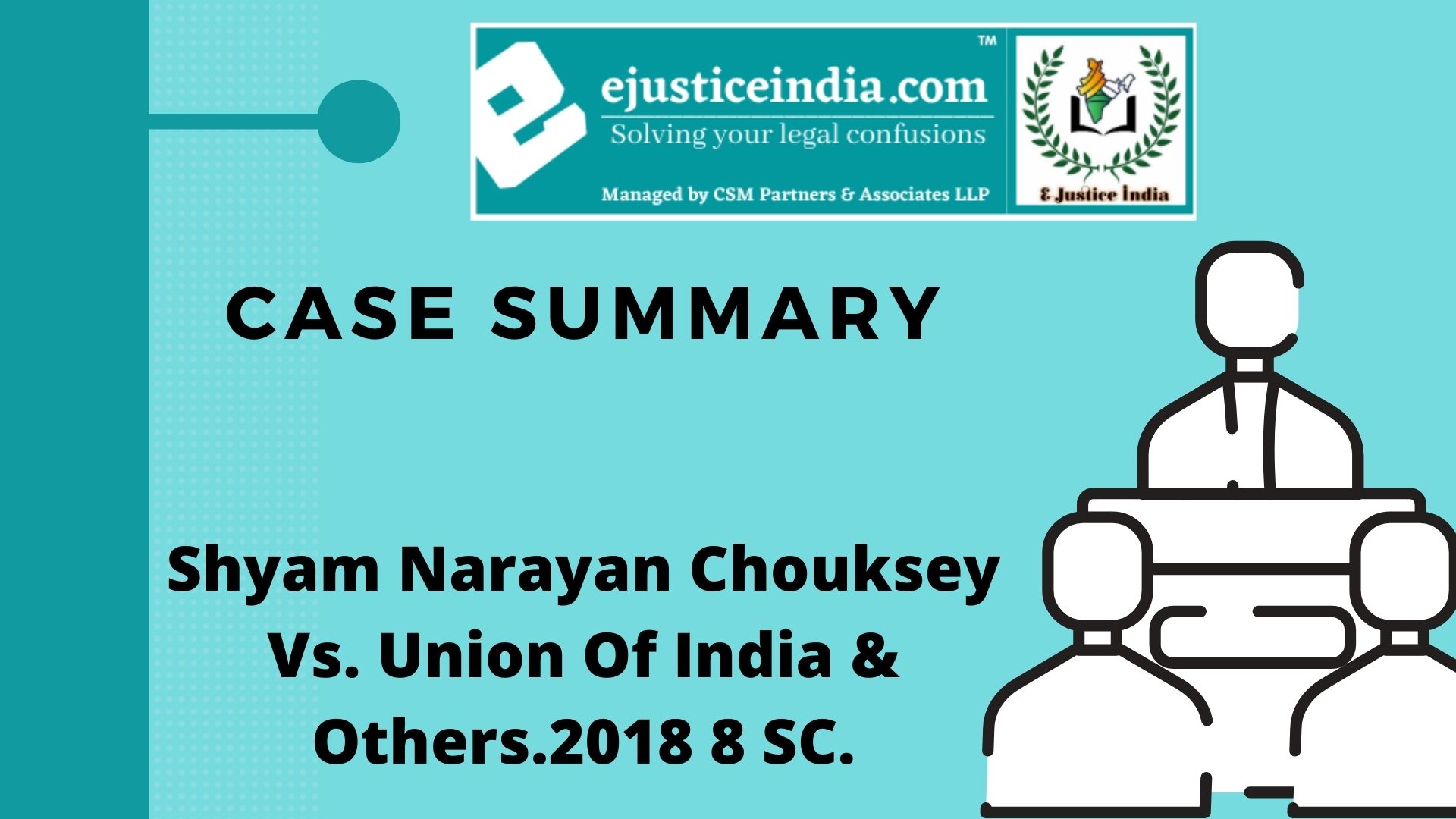Case Summary : Navtej Singh Johar v. Union of India
Citation : W. P. (Crl.) No. 76 of 2016
Bench
Dipak Misra, CJI; Rohinton Fali Nariman, J.; A. M. Khanwilkar, J; D. Y. Chandrachud, and Indu Malhotra, J
Facts
The central issue of the case was the constitutional validity of section 377 of IPC, 1860 insofar because it applied to the consensual sexual conduct of adults of an equivalent sex privately. During this case the petitioner Navtej Singh johar, a dancer who identified as a part of LGBT community, filed writ petition in supreme court in 2016 seeking recognition of the proper to sexuality, right to sexual autonomy and right to choice of a sexual partner to be a part of right to life guaranteed under article 21 of constitution.
Issues
- Whether section 377 violates the article 14 and 15 by allowing discrimination on the idea of sexual orientation and gender identity?
- Whether section 377 violates the elemental right to expression under article19 (1)(a) by criminalizing the gender expression of persons belonging to the LGBTQ+ community?
- Whether section 377 violates right to autonomy and dignity under article 21 by penalizing private consensual acts between an equivalent sex persons?
- Was the rationale of the Supreme Court judgment within the Suresh kaushal case sound in its understanding of morality as social morality?
Judgement
The four judgments unanimously cited fundamental rights violates in reading down section 377. They found that section 377 discriminates against individuals on the idea of their sexual orientation or identity, violating article 14 and 15 of the constitution. Further, they ruled that section 377 violates the rights to life, dignity and autonomy of private choice under article 21. Finally, they found that it inhibits an LGBT individual’s ability to completely realize their identity, by violating the proper to freedom of expression under article 19(1)(a). all of them mentioned court’s recent judgments in NALSA (recognized transgender identity) and Puttaswamy (recognized fundamental right to privacy). The five judge bench partially stuck down section 377 of IPC, decriminalizing same sex relations between consensual adults. LGBT individuals are now legally allowed to interact in consensual intercourse.


